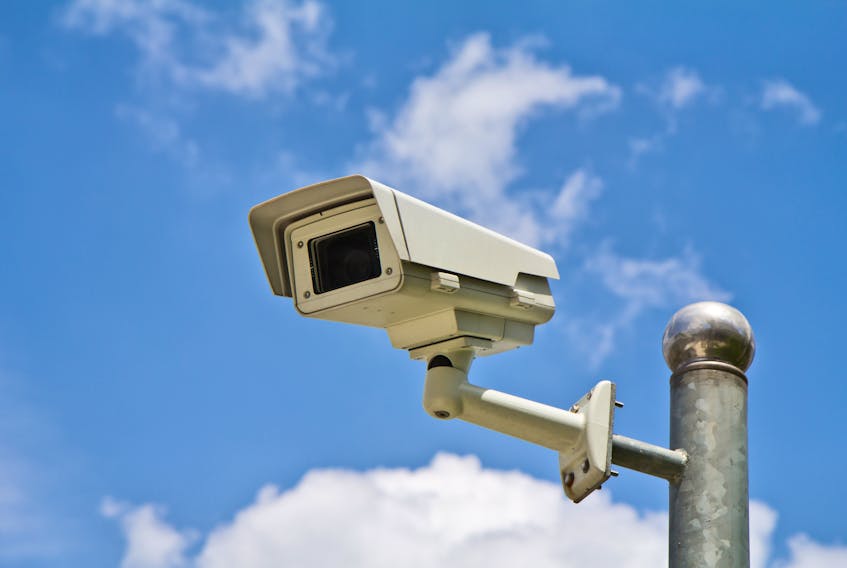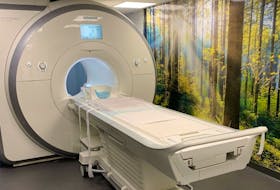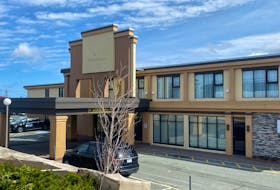The Supreme Court of Newfoundland and Labrador last week allowed the Town of Paradise to continue to operate its video cameras in public areas — but seven of the 87 cameras can operate only after working hours.
In a report released last April, Information and Privacy Commissioner Donovan Molloy found the Town of Paradise’s video surveillance system was collecting personal information without the proper authorization set out in the Access to Information and Protection of Privacy Act, 2015 (ATIPPA, 2015).
Molloy recommended the town shut down the camera surveillance system until it can be demonstrated that the town is in compliance with the act.
The town had 10 days to file a response with the commissioner. The town chose instead to apply to Newfoundland and Labrador Supreme Court trial division for a declaration that it is not required to comply with the recommendation in Molloy’s report.
"While the preference would have been to resolve this matter outside of the court process, ultimately all parties were able to work together to have the court issue an order which was agreed to by all.” — Town of Paradise
“The town felt strongly that its video surveillance system was properly implemented and managed, guided by a progressive and comprehensive video surveillance policy,” a news release from the town on Tuesday stated.
“That is why the decision was made to apply to the Supreme Court Newfoundland and Labrador trial division for a declaration that the town was not required to comply with the recommendation in the report.
“Throughout the entire process, town staff worked co-operatively with the privacy commissioner on the matter. While the preference would have been to resolve this matter outside of the court process, ultimately all parties were able to work together to have the court issue an order which was agreed to by all.”
Molloy’s investigation into the town’s camera system was based on a complaint made against the town in September 2017.
The report noted that 69 cameras were in public areas and 18 in staff-only areas. Out of the 87 cameras, 64 were located outside buildings, while 23 were located inside. There are 16 signs posted in various locations advising people that the area is under video surveillance.
Molloy said in the report the town declined to provide much of the information requested during his office's investigation, which is a contravention of the town's obligations under Section 97 of the act.
The town said on Tuesday that the safety and security of all employees and visitors, and the protection of town property, are of utmost importance.
“The town believes a video surveillance system is an integral part of securing assets and protecting town employees from those who may damage town property, threaten employees, or undertake other inappropriate/illegal actions or behaviours,” the release stated.
“Prior to the installation of the system, the town experienced an increase in incidents around its facilities, including property damage and theft, false activation of fire alarms, vandalism and a bomb threat. The town wanted to ensure it was doing all it could to keep employees and facility users safe and assets secure.
“The video surveillance system implementation included developing a policy which was approved at a public council meeting, notifying all employees about the system, and posting signage in public areas indicating the area was under video surveillance. The cameras are installed in open/public areas and staff access-only areas of town facilities. There are no cameras installed or operational in any washrooms, change areas or lunchrooms.”
RELATED









